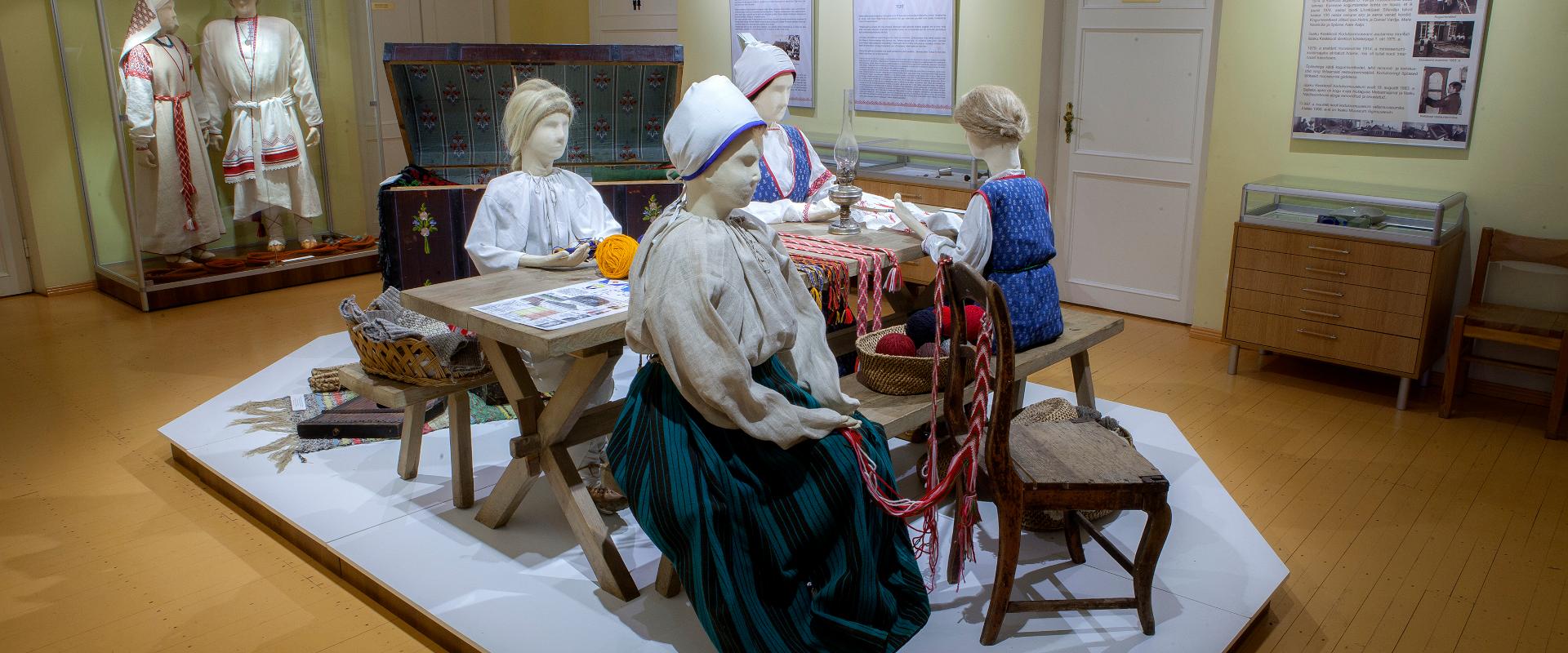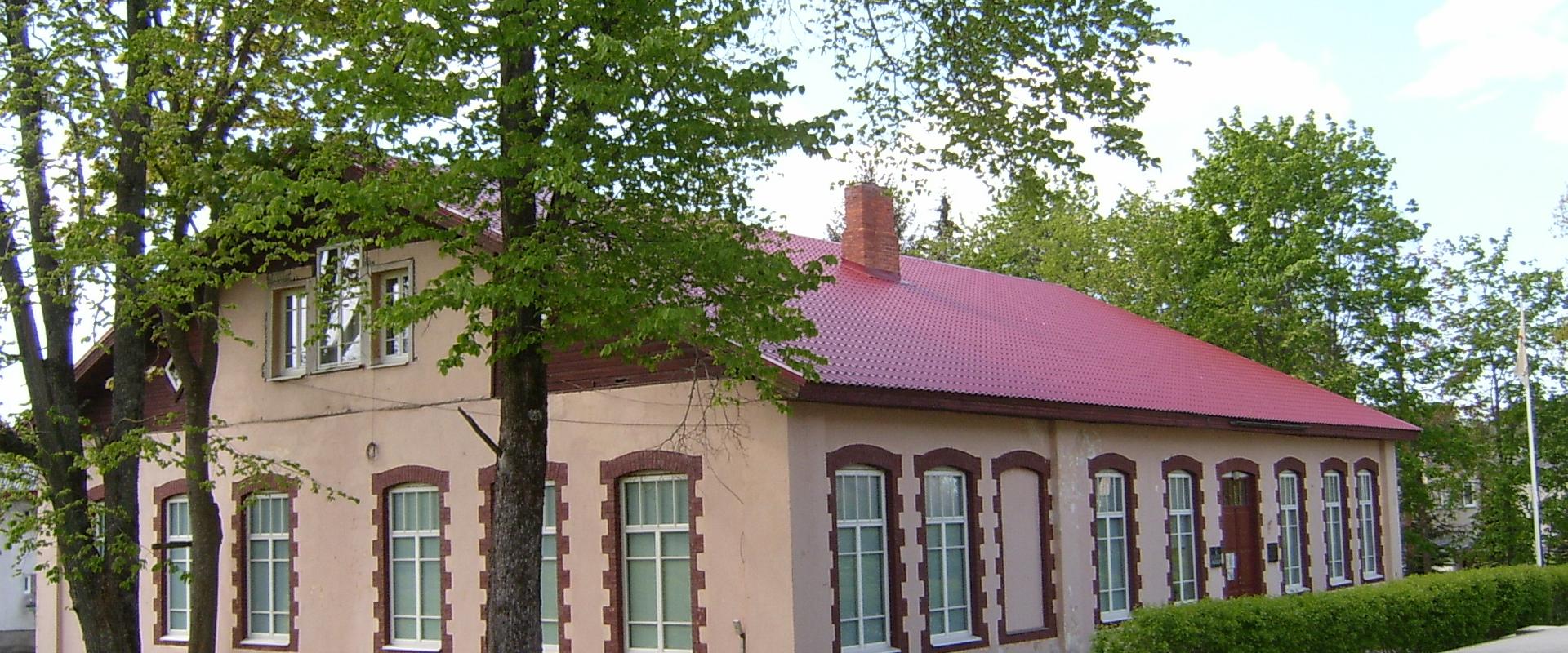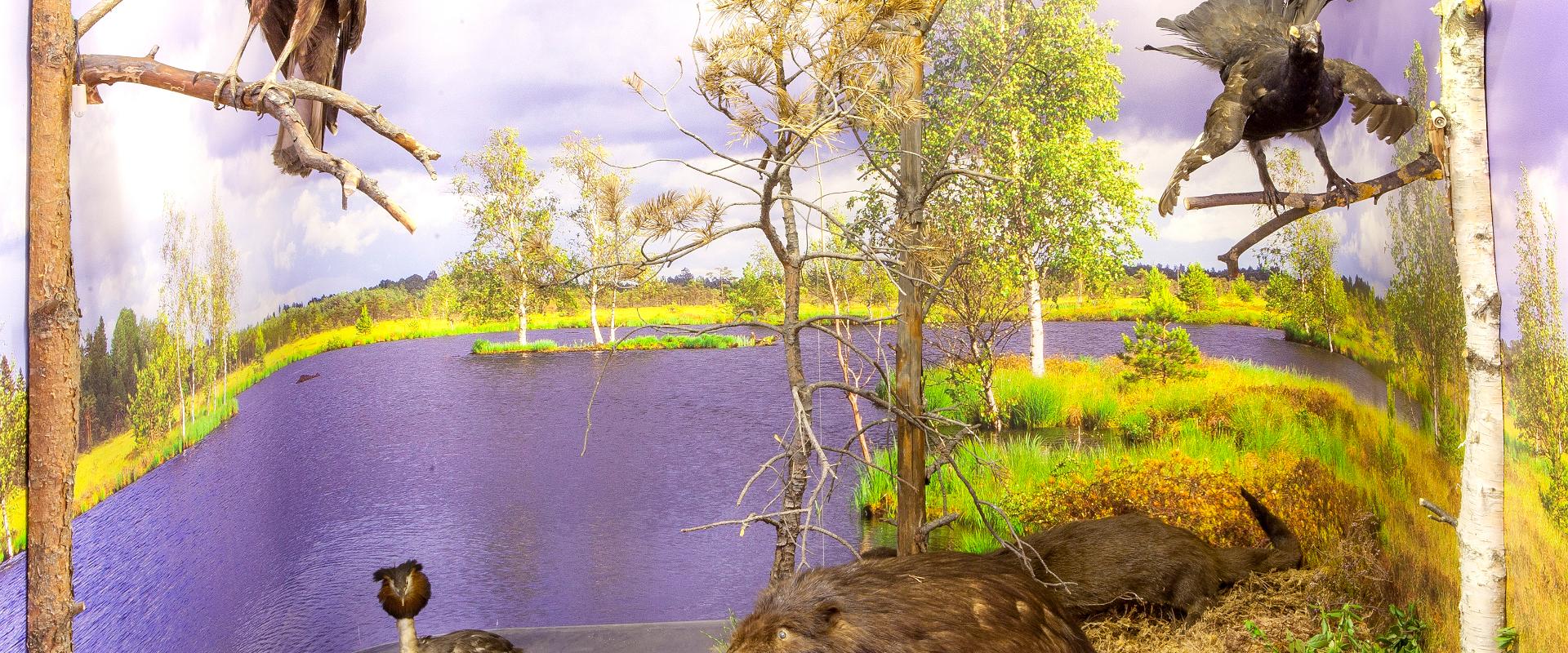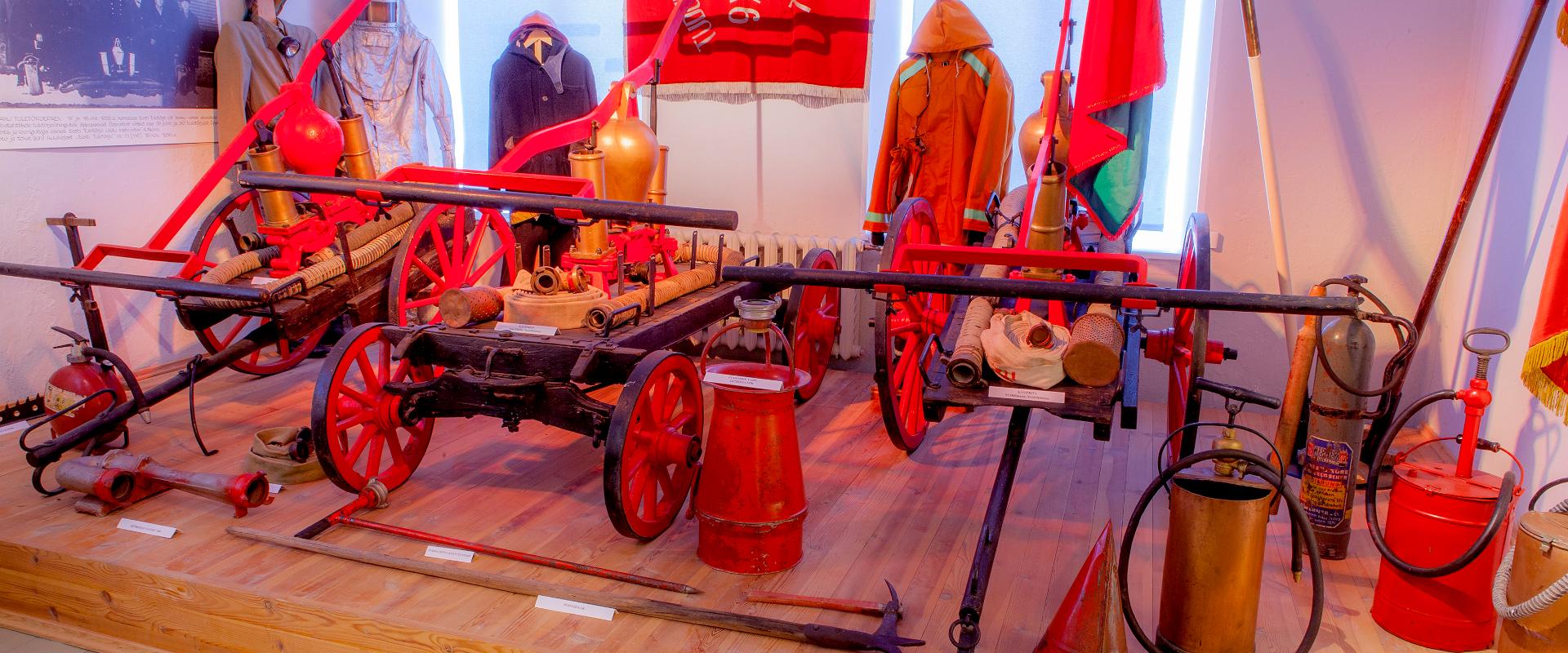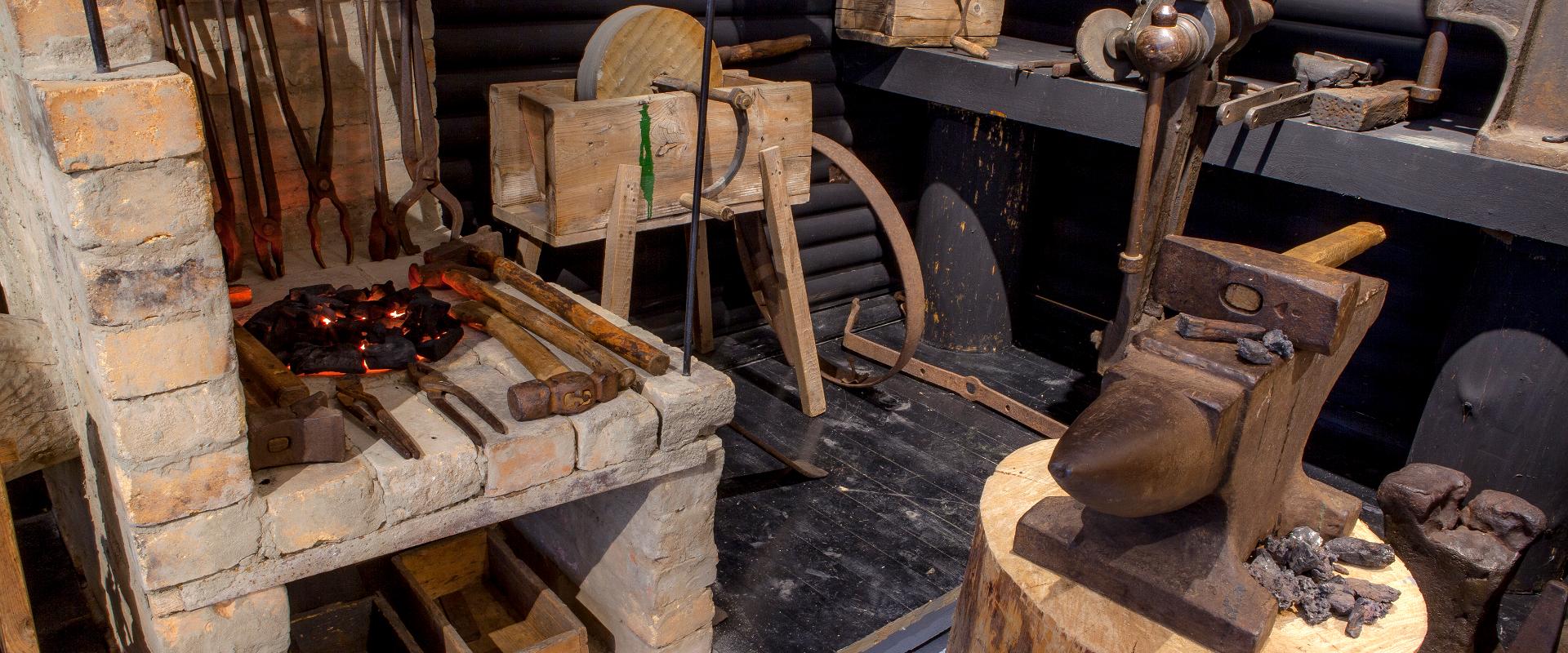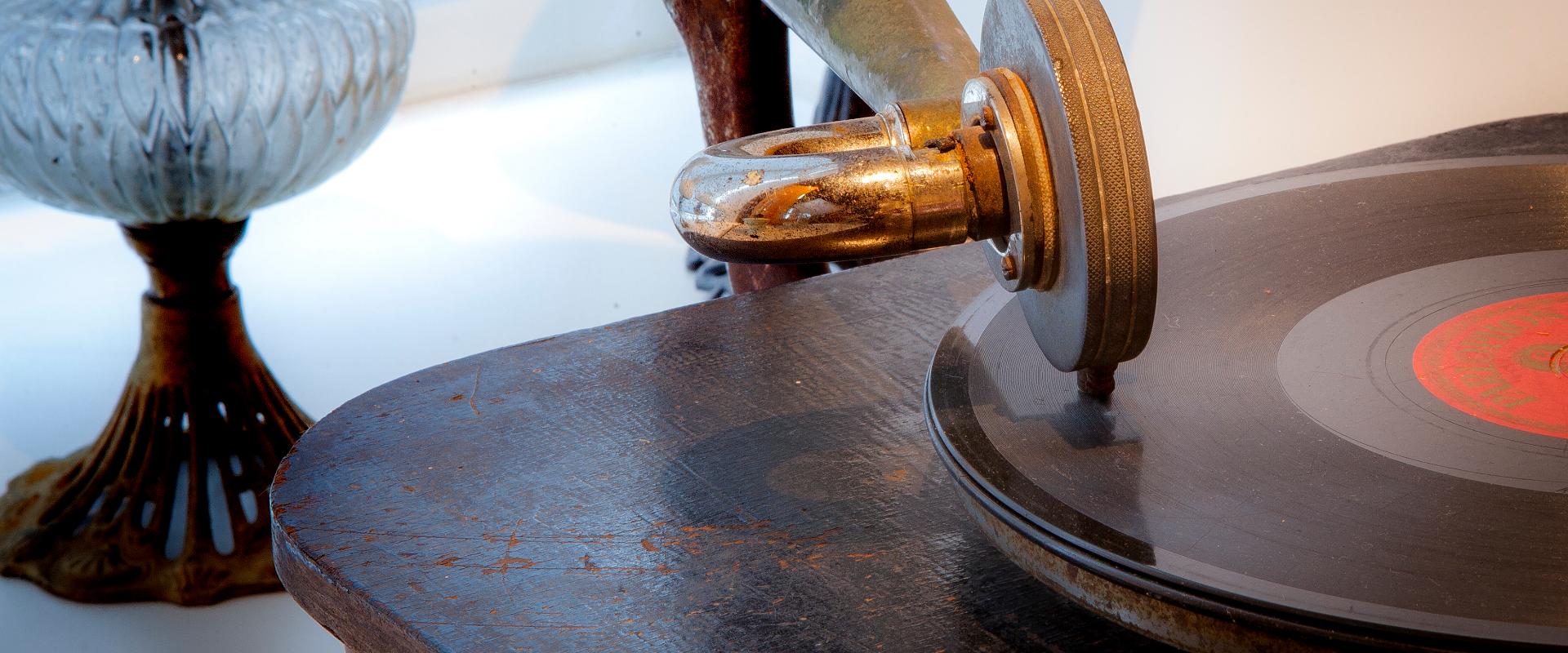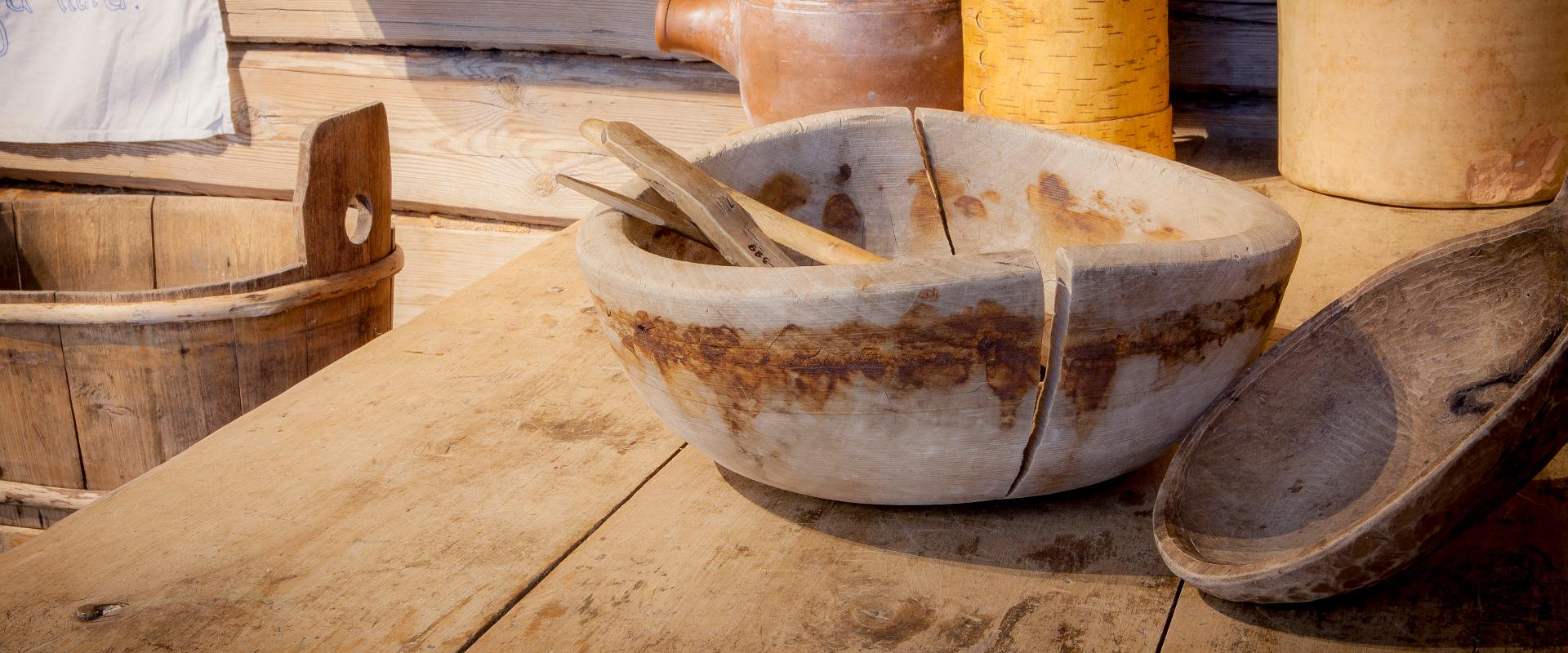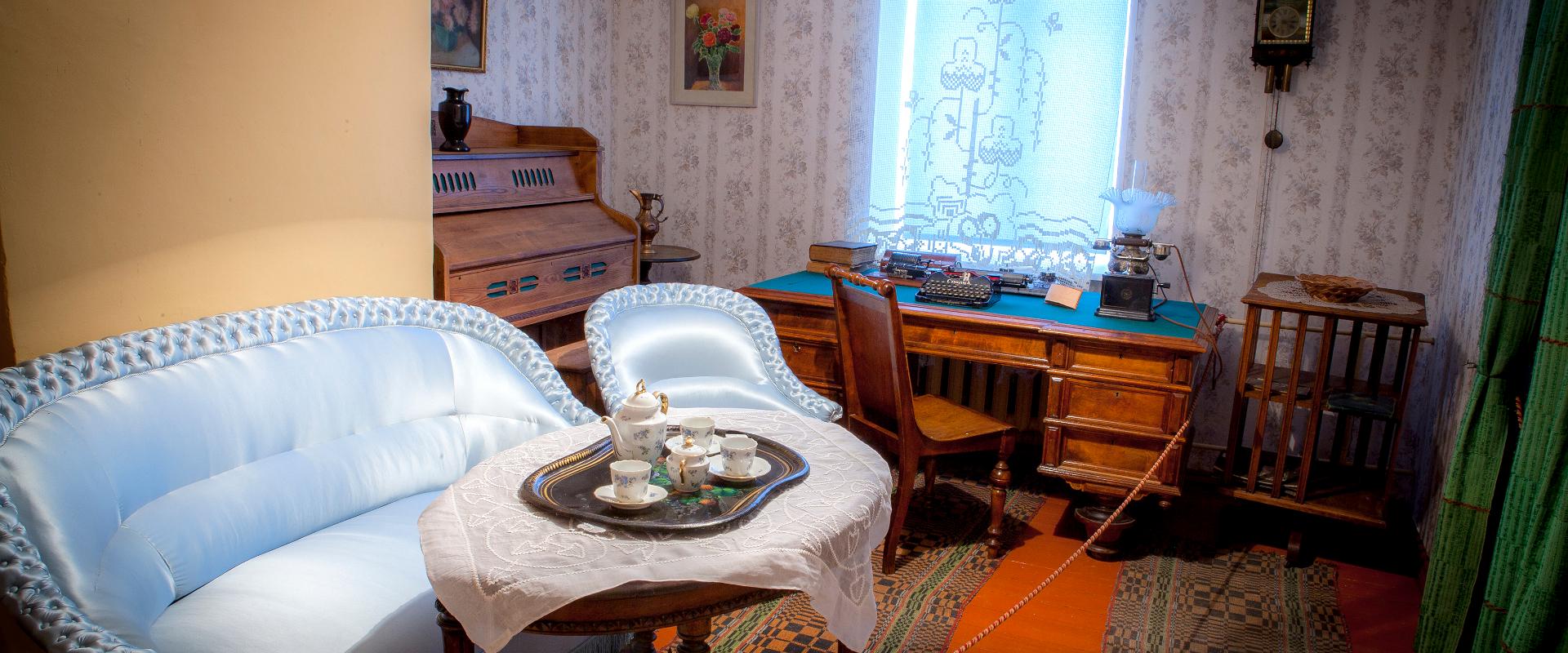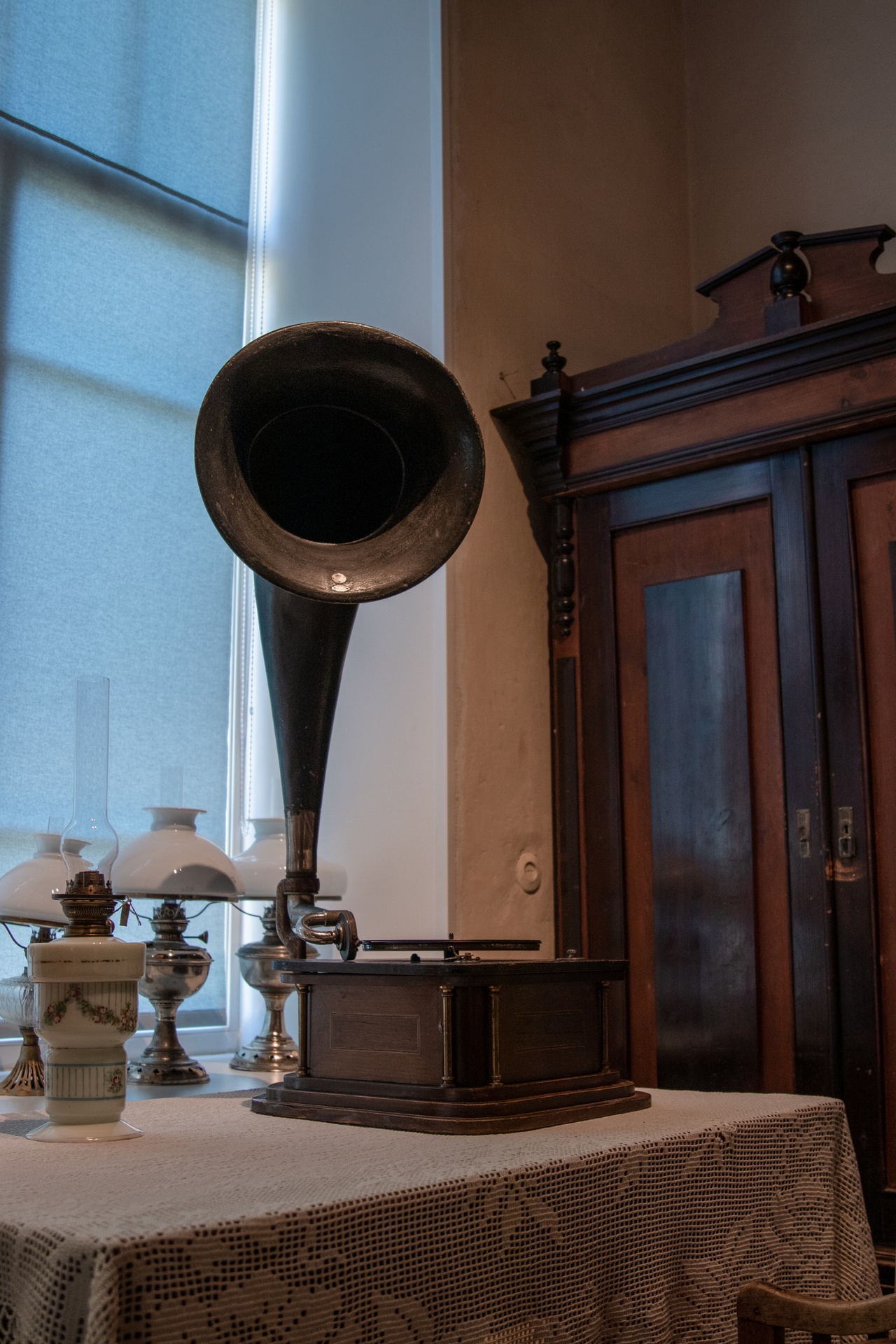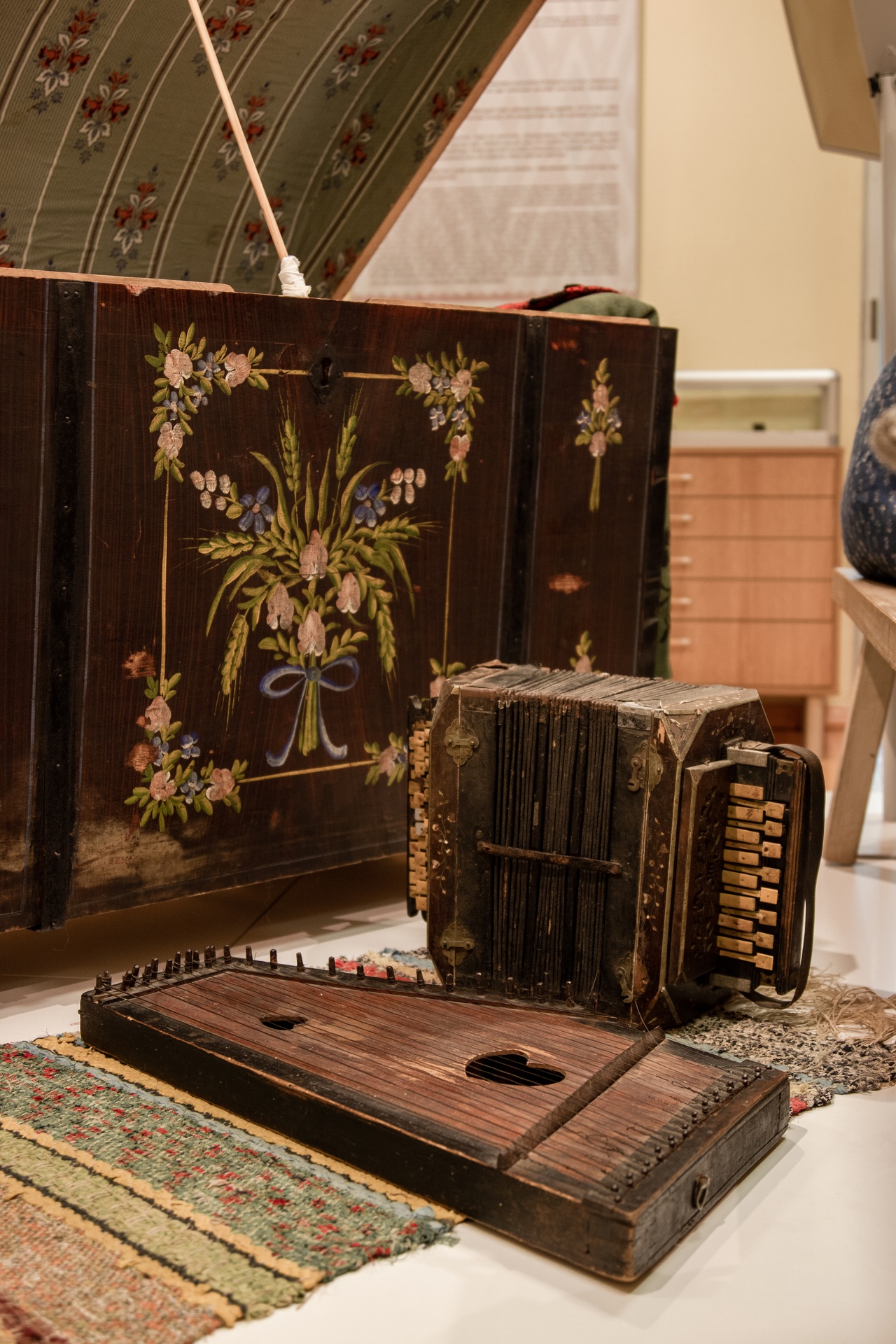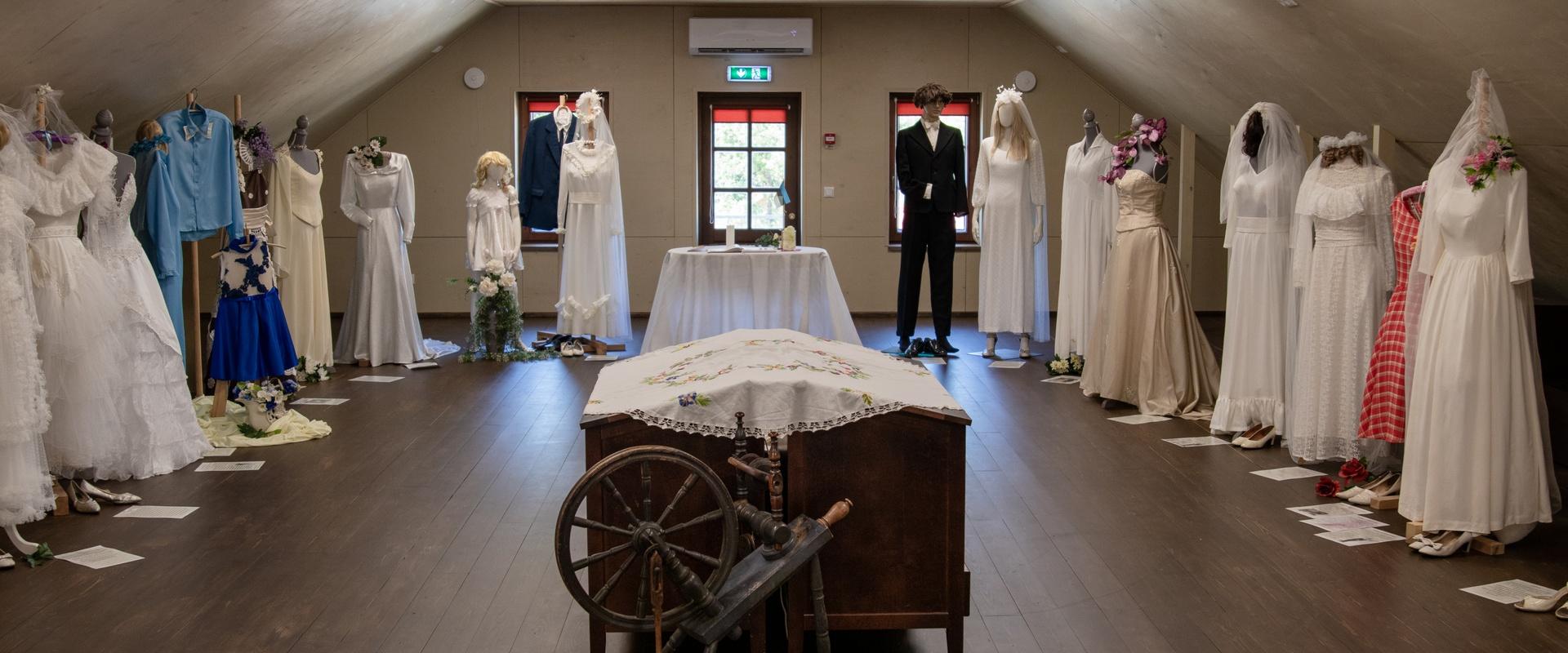Iisaku Parish Museum
At Iisaku Museum, you will see a piece of a rod-knitted glove, found on the bracelet of a Votic woman, buried at the end of the 13th century or at the beginning of the 14th century in the Jõuga burial mound. It is the oldest rod-knitwear found in Europe.
The building used to house a ministry school and now, it provides an overview of the rural life, farm tasks, activities of masters, history of local firefighting, and the unique nature of Alutaguse. The teachers' apartment, situated on the first floor, gives an overview of the life of an official at the beginning of the 20th century. The exposition introducing the locals of Iisakumaa is especially wonderful.
We invite you to participate in many exciting educational programmes.
Opening times
1. june - 31. aug
Mon-Fri 10:00 - 17:00
Sat 10:00 - 16:00
1. sept - 31. may
Mon-Fri 09:00 - 16:00
Location
Tartu mnt 58, Iisaku alevik, Alutaguse vald, Ida-Viru maakond
Phone
+372 53448738
info@iisakumuuseum.ee
